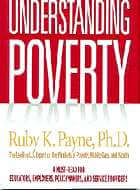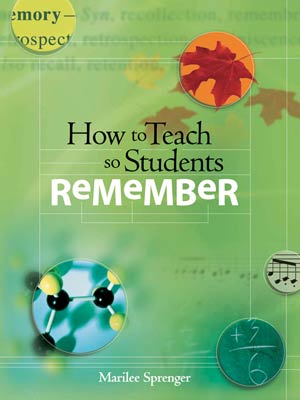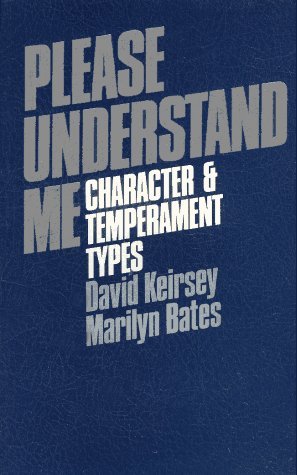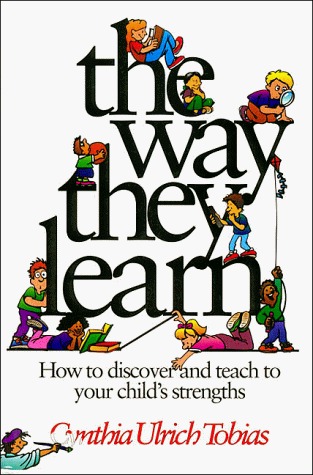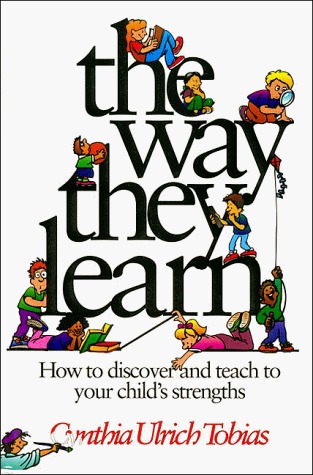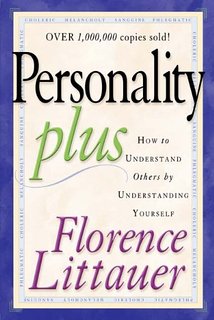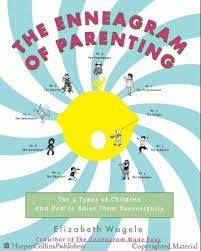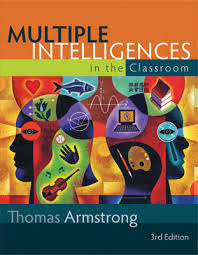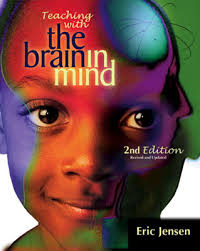- 3 Credits -

Instructor:
Joseph C’de Baca MaEd.
Accredited By:
- University of San Diego



Grade Type:
University Transcript: Letter Grade
Course Description
This course examines the approaches to parenting in our current culture. The styles of parenting in today’s culture are more abstract and permissive regarding limits and discipline. These behaviors are manifested by students whose misbehaviors are modeled and protected by parents and media.....
View Full Course Description



$425
3 Semester Graduate Credits
Item categorypsychology-sociology-the-brainpage2 not found.Item ma-categorypsychology-sociology-the-brainpage2 not found.Item categorypsychology-sociology-the-brainpage22 not found.Item ma-categorypsychology-sociology-the-brainpage22 not found.
USD - EDC-X756U - A Nation of Wimps: The High Cost of Invasive Parenting
- 3 Graduate Credits -



Course Objectives
Credit Hours
3 Semester Credits (post-baccalaureate professional development credit)
Course Instructor
Joseph C’de Baca MaEd.
Accredited By:
- University of San Diego



Grade Type
University Transcript: Letter Grade
USD - EDC-X756U - A Nation of Wimps: The High Cost of Invasive Parenting
What Others Are Saying...

